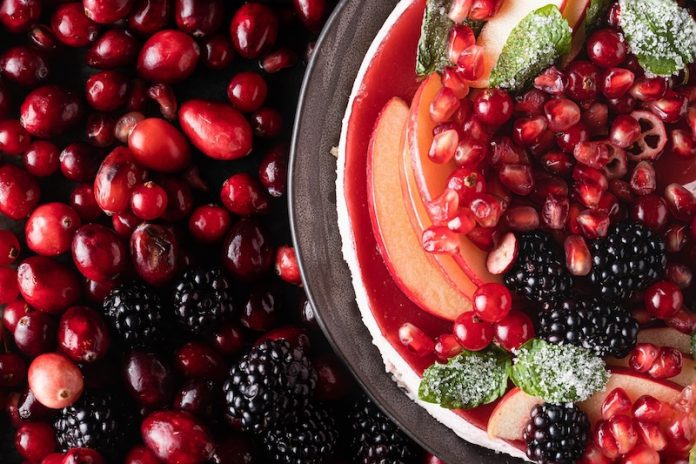
High blood pressure, also known as hypertension, is a common health concern that can lead to serious heart problems.
One powerful way to manage this condition is by making informed choices about what you eat.
In this review, we’ll explore the best and worst foods for high blood pressure in plain language, so everyone can understand the science behind it.
Before we delve into food choices, let’s understand the basics. Blood pressure is the force of blood against the walls of your arteries. When this force is consistently too high, it can damage your arteries and increase your risk of heart disease, stroke, and other health issues.
Best Foods for High Blood Pressure
- Leafy Greens: Vegetables like spinach, kale, and Swiss chard are rich in potassium, which helps your body balance sodium levels and lower blood pressure.
- Berries: Blueberries, strawberries, and raspberries contain compounds called flavonoids that can help relax blood vessels and reduce blood pressure.
- Oats: Whole oats and oatmeal are high in fiber, which can help lower both systolic and diastolic blood pressure.
- Bananas: Another potassium-rich option, bananas can help regulate blood pressure and are a tasty addition to your diet.
- Fatty Fish: Salmon, mackerel, and sardines are high in omega-3 fatty acids, which have been linked to lower blood pressure and reduced inflammation.
- Nuts and Seeds: Almonds, flaxseeds, and sunflower seeds are good sources of potassium, magnesium, and healthy fats, all of which can benefit blood pressure.
- Beans and Lentils: These legumes are packed with fiber and protein, promoting heart health and aiding in blood pressure control.
Worst Foods for High Blood Pressure
- Salt: High-sodium foods like processed meats, canned soups, and salty snacks can raise blood pressure. Reducing your salt intake is crucial.
- Processed and Fast Foods: These often contain unhealthy trans fats and excessive salt, contributing to hypertension.
- Sugar-Sweetened Beverages: High sugar content in sodas and sweetened drinks can lead to weight gain and higher blood pressure.
- Alcohol: While moderate alcohol consumption may have some benefits, excessive drinking can elevate blood pressure.
- Red Meat: Consuming too much red meat, especially processed varieties like bacon and sausages, may raise blood pressure.
- Caffeine: While coffee in moderation may not be a problem, excessive caffeine intake can temporarily raise blood pressure.
Research Evidence
Numerous studies have explored the link between diet and blood pressure. Here are some key findings:
- The DASH (Dietary Approaches to Stop Hypertension) study published in the New England Journal of Medicine found that a diet rich in fruits, vegetables, whole grains, and low-fat dairy products significantly reduced blood pressure.
- Research in the American Journal of Clinical Nutrition highlighted the role of potassium-rich foods in blood pressure control, showing that increased potassium intake was associated with lower blood pressure levels.
- A study published in the Journal of Human Hypertension suggested that reducing salt intake could have a substantial impact on lowering blood pressure, especially in individuals with hypertension.
- A review in the journal Hypertension demonstrated that diets high in saturated fats and added sugars could lead to higher blood pressure levels.
Taking care of your heart means making smart food choices. Focus on a diet rich in fruits, vegetables, whole grains, and lean proteins, while minimizing your intake of salt, processed foods, and sugary drinks.
These dietary changes can help you manage high blood pressure and protect your heart. Always consult with a healthcare professional for personalized guidance on maintaining healthy blood pressure through diet and lifestyle adjustments. Your heart will thank you!
Follow us on Twitter for more articles about this topic.
Copyright © 2023 Scientific Diet. All rights reserved.





